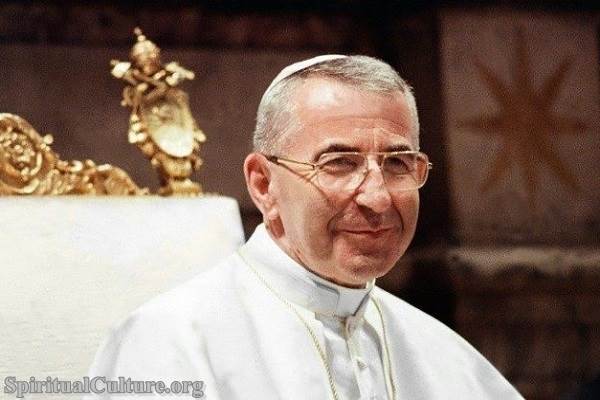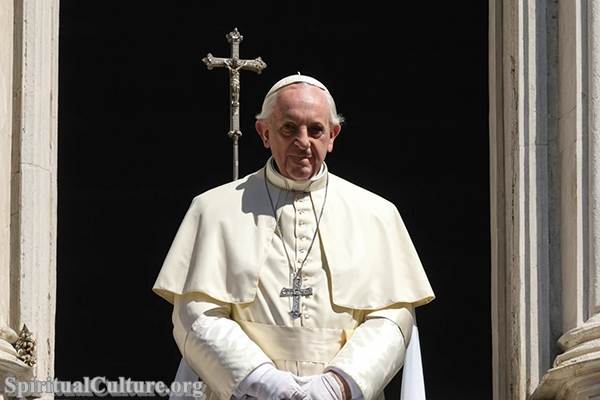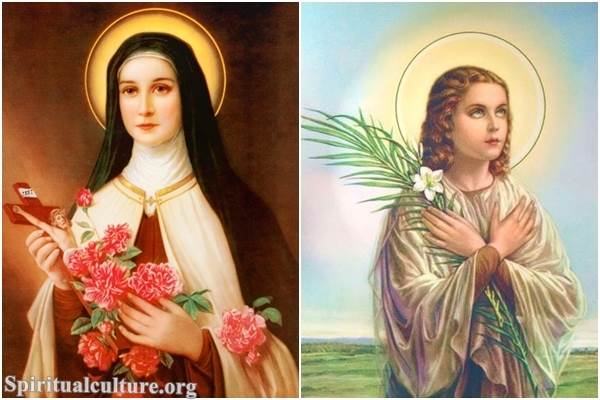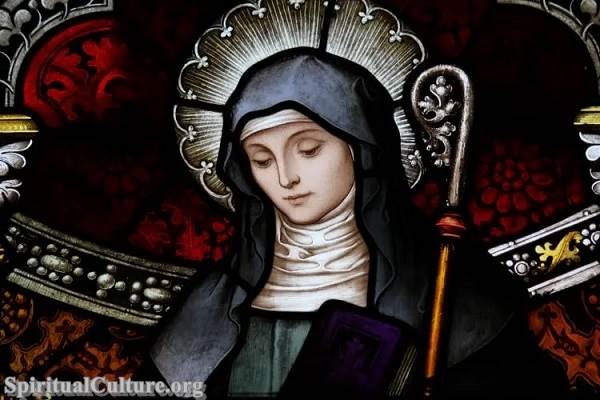Saint Thomas More’s life, characterized by an unwavering commitment to the Catholic faith, continues to inspire countless believers across the globe. His steadfast adherence to his religious principles, even in the face of imminent death, earned him the honor of sainthood and eternal remembrance in the annals of the Catholic Church.
Saint Thomas More: His Life and Legacy
Saint Thomas More was born in London in 1478 and rose to prominence through his exceptional intellect and steadfast moral compass. He was a lawyer, social philosopher, author, statesman, and noted Renaissance humanist. In 1529, he was appointed Lord Chancellor by King Henry VIII, the highest-ranking office a layperson could hold in England at the time.
In Catholicism, Saint Thomas More is revered for his profound commitment to his faith. Despite political pressure and personal risk, he refused to support King Henry VIII’s separation from the Catholic Church, a stand that ultimately led to his execution. His unwavering fidelity to the Church and his conscience, even in the face of death, stands as a testament to his incredible moral strength.
More’s dedication to Catholic values was not only evident in his refusal to denounce his faith but also in his scholarly contributions. He wrote extensively on theology, philosophy, and morality, his most famous work being “Utopia,” a profound critique of contemporary social mores and a vision of an ideal society based on Christian principles.
Catholicism: The Bedrock of Saint Thomas More’s Life
Saint Thomas More’s life was deeply rooted in his Catholic faith. His spiritual life was marked by regular prayer, fasting, and penance, and he was known for his deep devotion to the Mass and the Blessed Sacrament. His Catholic faith shaped his worldview and guided his actions, both in his personal life and in his public service.
More’s commitment to Catholic teachings was unwavering. When King Henry VIII sought to annul his marriage to Catherine of Aragon and marry Anne Boleyn, a move that required breaking away from the Catholic Church, More refused to support him. He firmly believed in the sanctity of marriage and the authority of the Pope, principles he valued above his loyalty to the King and his own life.
The Catholic Church: Saint Thomas More’s Legacy
In recognition of his remarkable faith and moral courage, the Catholic Church canonized Saint Thomas More in 1935. He is venerated as the patron saint of lawyers and statesmen, a fitting tribute to his professional achievements and his unwavering commitment to justice and truth.
Saint Thomas More’s legacy continues to inspire Catholics worldwide. His life serves as a powerful reminder of the importance of standing up for one’s beliefs, even in the face of adversity. His writings provide valuable insights into Catholic teachings and continue to be widely studied in theological and philosophical circles.
In conclusion, Saint Thomas More stands as a towering figure in the history of Catholicism. His life and works serve as a testament to the enduring power of faith, the importance of moral integrity, and the transformative potential of intellectual rigor. As we navigate the complexities of contemporary life, the story of Saint Thomas More offers a timeless beacon, reminding us of the courage and conviction required to uphold our beliefs and live out our faith.









